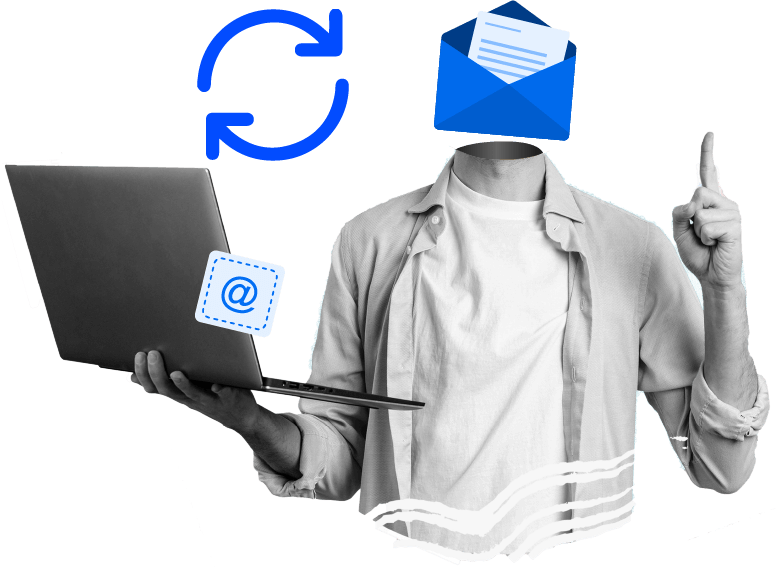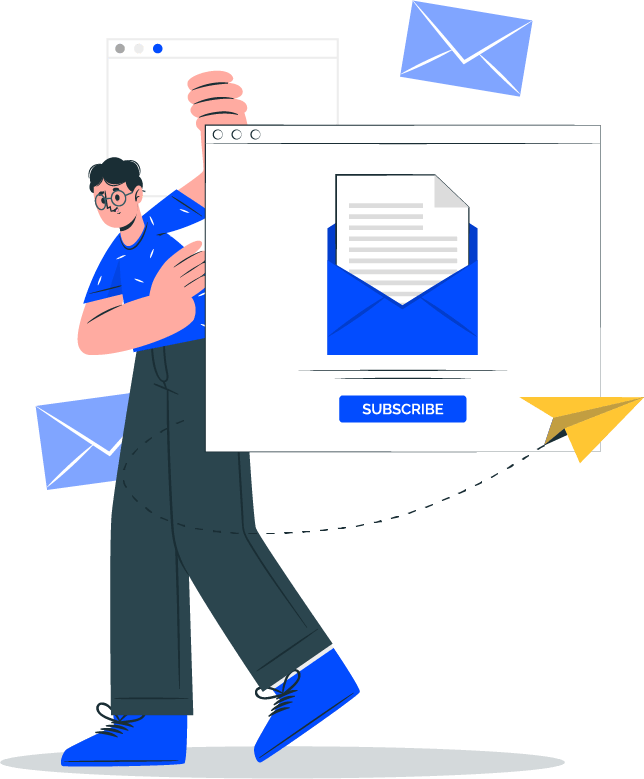1. What is Employee Engagement?
Employee engagement is the professional and emotional involvement employees feel toward their companies. It is also a key indicator of employee experience. High engagement rates have a direct correlation with less absenteeism and low turnover, making this one of the single most important factors that a company needs to take care of. An effective engagement program also helps employees cultivate a good work-life balance.
2. What Is An Employee Engagement Consultant?
An employee engagement consultant is a professional who’s responsible for creation of strategies and plans to help increase the engagement rate in an organization. There are a number of ways through which an employee engagement consultant can choose to do so. Some of the more common ones include surveys, focus groups, and interviews with the employees. This along with data points such as turnover rate and productivity rates can help them create an optimal plan for your organization.
3. The Role of An Employee Engagement Consultant

3.1. Conducting Employee Feedback Sessions
The first task that an employee engagement consultant carries out is employee feedback sessions. They create and conduct feedback sessions that assess various aspects of the work environment, including job satisfaction, workplace culture, leadership effectiveness, communication, and growth opportunities.
The data collected from feedback sessions is essential as it provides quantitative and qualitative insights into employee perceptions and sentiments. Based on the findings, employee engagement consultants develop actionable recommendations for management to address issues and enhance engagement.
3.2. Designing and Implementing Engagement Programs
An employee engagement consultant collects data from feedback sessions and the company to design and implement an engagement strategy. Your standard set of engagement activities can only help till a certain point.
Consultants create comprehensive strategies that cover a range of initiatives such as employee recognition programs, wellness initiatives, professional development opportunities, and team-building activities. They work in tandem with various departments to ensure these programs align with the organization's overall objectives and are effectively integrated into the company's culture.
3.3. Building Strong Communication Channels
Communication is the cornerstone of any organization. The roots of an effective employee engagement program lie in strong communication channels. Employee engagement consultants help you in creating these. They act as a common point for communication to ensure the employees and management are aligned to the same goals and prevent discord from taking root.
Employee engagement consultants are also responsible for advising on best practices for regular communication, such as town hall meetings, team huddles, and feedback sessions. Another aspect of communication that falls under their purview is establishing online platforms for sharing updates, accomplishments, and insights. This helps create an environment where employees feel informed, heard, and valued.
3.4. Training and Development Initiatives
Continuous learning and development help boost employee engagement. But in the hustle and bustle of day-to-day tasks, these can often get swept under the rug. This is another area where an employee engagement consultant helps out. They collaborate with managers and leaders to design training initiatives to engage employees effectively.
These initiatives can take the form of workshops on leadership skills, communication techniques, conflict resolution, and performance management. This helps create a supportive and motivating work environment that encourages employee growth and advancement.
3.5. Creating Inclusive and Diverse Workplaces
Diversity and inclusion are no longer just buzzwords. It is important for organizations to understand that and move beyond just tokenized gestures. Employee engagement consultants can help with this through programs that provide training on cultural awareness, bias mitigation, and fostering inclusivity. By offering targeted guidance, these consultants enable organizations to create an environment that welcomes varied backgrounds, ideas, and identities.
They also collaborate with HR teams to ensure that policies and practices are fair and unbiased. This helps in creating a workplace where all employees can contribute their best and feel valued.
4. What to Look For In an Employee Engagement Consultant?

4.1. Expertise and Experience
It is important for an employee engagement consultant to have expertise and experience in the field of employee engagement. They need to have a deep understanding of the psychological and organizational factors that influence engagement. This is one of those positions where experience does count for a lot.
An ideal consultant will come with a proven track record of working with diverse clients and industries. This will also help you gauge their ability to create effective strategies, navigate challenges, and deliver tangible results.
4.2. Flexibility in Strategy
Employee engagement is not a one-size-fits-all kind of undertaking. Every organization faces a unique set of challenges and a skilled employee engagement consultant will understand the need to tailor the approach when formulating strategies. A good consultant should be able to accurately evaluate and understand the organization's culture, goals and challenges in order to address its needs and provide efficient solutions.
4.3. Data-Driven Approach
Effective employee engagement strategies are based on data and insights, not whims and fancies. A good employee engagement consultant should ideally be able to design and implement surveys, assessments, and feedback mechanisms.
How they choose to collect, analyze, and interpret this data is what will form the bulk of their strategy to help improve employee engagement. This makes it important for you to find a consultant who can provide concrete evidence of their strategies' effectiveness through data-driven metrics. By quantifying improvements in key areas such as employee satisfaction, productivity, and retention rates, these metrics provide a holistic picture of the strategies' impact.
4.4. Communication and Collaboration Skills
Open and effective communication is essential for the successful implementation of engagement initiatives. A good consultant will be able to explain complex ideas in a simple manner. So, what you need are top-notch communication skills.
Additionally, they will also be dealing with a variety of stakeholders. From C-suite executives to frontline employees, everyone has to be a part of their plan to ensure its success. So, it becomes essential for them to have strong interpersonal skills and the ability to foster collaboration.
4.5. Change Management Expertise

It’s also particularly useful when organizations undergo restructuring where such consultants can help the organization navigate the challenges associated with reshaping roles, responsibilities, and reporting structures, while also preserving employee morale and engagement levels.The consultant's role extends beyond implementation.
They work with leadership to ensure that the changes are embedded in the organization's culture and processes. This involves continuous reinforcement and adapting strategies as needed. Such changes can trigger resistance initially, which is a natural response. A skilled employee engagement consultant will be able to anticipate potential resistance and develop strategies to overcome it. This will help your organization transition smoothly.
5. FAQs
5.1. What is employee engagement role in HR?
Employee engagement plays an essential role in HR by fostering a positive and productive workplace culture. HR professionals are often responsible for designing and implementing strategies to enhance engagement, which can help lead to higher job satisfaction, improved performance, and lower turnover rates among employees.
5.2. Is employee experience consultant the same as an employee engagement consultant?
While related, an employee experience consultant and an employee engagement consultant have distinct focuses. An employee engagement consultant specializes in strategies to improve employees' emotional commitment and motivation toward their work and organization. An employee experience consultant, on the other hand, focuses on creating a holistic and positive experience for employees throughout their entire journey with the organization,
 Interested in Virtual Team Building Events?
Interested in Virtual Team Building Events?





















